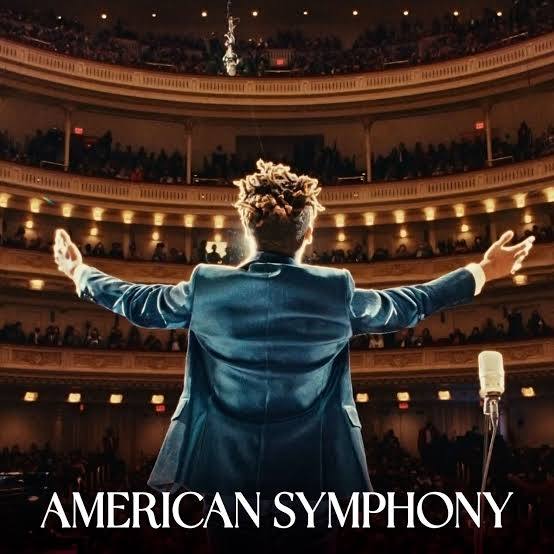Be authentic. Don’t write about what you think they want to hear. Write from the heart.
You can hear me say these words repeatedly throughout the day to anxious teenagers seeking to be accepted to the college of their dreams with a winning essay. When I help them brainstorm topics, I am often met with, “Ms. Geller, that’s so cliche!” Or, “That’s what everyone writes about!” Or, my favorite, “I’ve never had anything bad happen to me, so I won’t get in anywhere!” I explain that if they write about what they love and show what is important in their lives, the essay will write itself. But, when it comes to genuinely writing from the heart, it takes courage and an ability to be vulnerable that can take time to cultivate.
I am not unlike my students. “Write, just write,” I tell myself, as if it is so easy, as if the words should just flow out onto the page. The pressure to say something profound, meaningful, and vulnerable overtakes me, and instead of writing, I hop on social media or browse the Anthropologie app. More often than not, I convince myself that I have something better or more important to do than listening to the click-clack of the computer keyboard.
So, I decided to jump back onto the blog and take some of my own advice. I put myself in the shoes of my students and wrote my college essay. I don’t know if I would even be accepted to my alma mater with this essay, let alone my SAT scores, but there was value in putting myself through this exercise not only to gain more empathy for my students, but to prove to myself that I have a story to tell, too, and it comes from the heart. Here’s the result…
The song “A Thousand Years” was on repeat because the radiation therapist forgot to switch off Spotify before he left the room. At first, I was annoyed. I was alone, lying on a cold metal table, staring at the linear accelerator that promised to destroy the cancer cells rapidly coursing through my body. I did not want to hear anything except the machinery’s clicks and whirrs and beeps. I had a ritual – for each treatment, I counted the noises to see if I could tell, based on the number of sounds, how much longer I would have to be there. This time, I was stuck with the song and had no choice but to close my eyes and open my ears to the lyrics.
Only in the second verse did I lean into the words…time stands still, beauty in all she is…My life was on pause. While all my 30-something friends were getting married, having families, and getting promotions, I lived with uncertainty and fear. My days were unpredictable – I wondered when I would wake up and feel like myself again. At the same time, while I had my moments, I chose not to feel sorry for myself. I took time to be with the people I loved, write, and find meaning in my life. There was indeed beauty in what from the outside might have seemed ugly.
Then the following words hit me…I will be brave…Honestly, when people said, “You’re so brave,” my immediate response was to downplay what they considered a compliment or a way to build me up when I was falling apart. I always thought I was doing what anyone would do, what people before me had done, and more would do after me. But bravery is subjective, and, for me, I had to face many fears, do things I never thought I could do, and accept the ultimate challenge.
The song continued, …I will not let anything take away what’s standing in front of me…While there were many things I could not control, I took hold of the things I could. I could control my attitude, and while there were moments of self-pity and breakdowns in inappropriate places, I tried to maintain positivity and perspective. Ordinary things that would bother me no longer did. My father called these “small potatoes.” I’m not sure where that phrase came from, but every time I became frustrated, he would say, “It’s small potatoes,” and that became my mantra. It kept me grounded and in the moment.
As the song went on…every breath, every hour has come to this…I thought of another mantra my father gifted me – “this too shall pass.” Lying on the radiation “bed,” as uncomfortable as I was, I knew it would soon be over. The clicks and whirrs and beeps would end. I would walk out of the room, wobbly on my feet, and back into the waiting room to be greeted by my mother with a small piece of candy and a story about someone she had met, maybe a patient or a caregiver, or even a simple smile.
The song did not end there, nor did my cancer journey, but these are the lyrics that have stayed with me nearly ten years later. During the darkest times of my life, these words gave me hope. Tears stream down my face when the song comes up on my playlist. These are always tears of gratitude – for the therapist who forgot to change the music, for the songwriter who wrote the words that changed my perspective, and for the breath I take each day.

Recent Comments